Chinese New Year is always be celebrated when we are on winter vacation. But I didn't choose to go back to my country during the 2019 winter vacation due to COVID-19 so I had the opportunity to experience their New year in China in 2020. I will combine my own China New Year experience to tell you all about the Chinese New Year tradition.
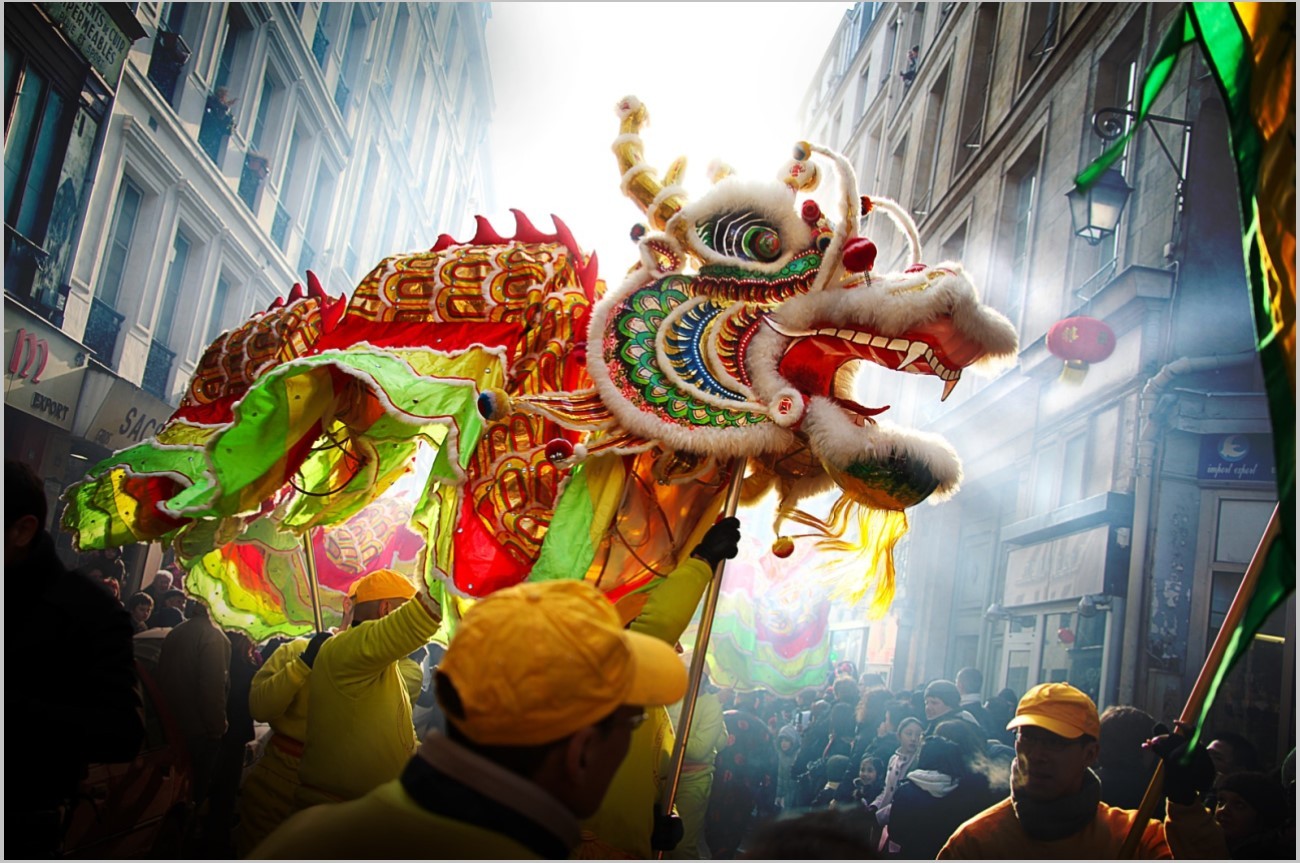
1). Overview of the Chinese Spring Festival / Chinese New Year
The Spring Festival in China, also known as the Chinese Lunar New Year, has a long history and evolved from the worship of praying for the new year on the beginning day in ancient times. The Chinese Spring Festival is a folk festival integrating worship of gods and ancestors, blessing and exorcism, weeding out the old and bringing forth the new, family reunion, celebration, entertainment, and diet. In modern times, Chinese people set the Spring Festival on the first day of the first month of the lunar calendar, and the celebrations do not end until the fifteenth day of the first month. If the preparatory activities before the Spring Festival are included, the influence of the Chinese Spring Festival can last as long as a month. During the China Spring Festival, different kinds of celebrations are held all over the country, with strong regional characteristics.
During the Spring Festival, there will be more than 2 billion times travel for people in China. Going home is the wish and habit of most Chinese people. China's Spring Festival transportation was selected as the world's largest cyclical transportation peak by the China World Record Association.
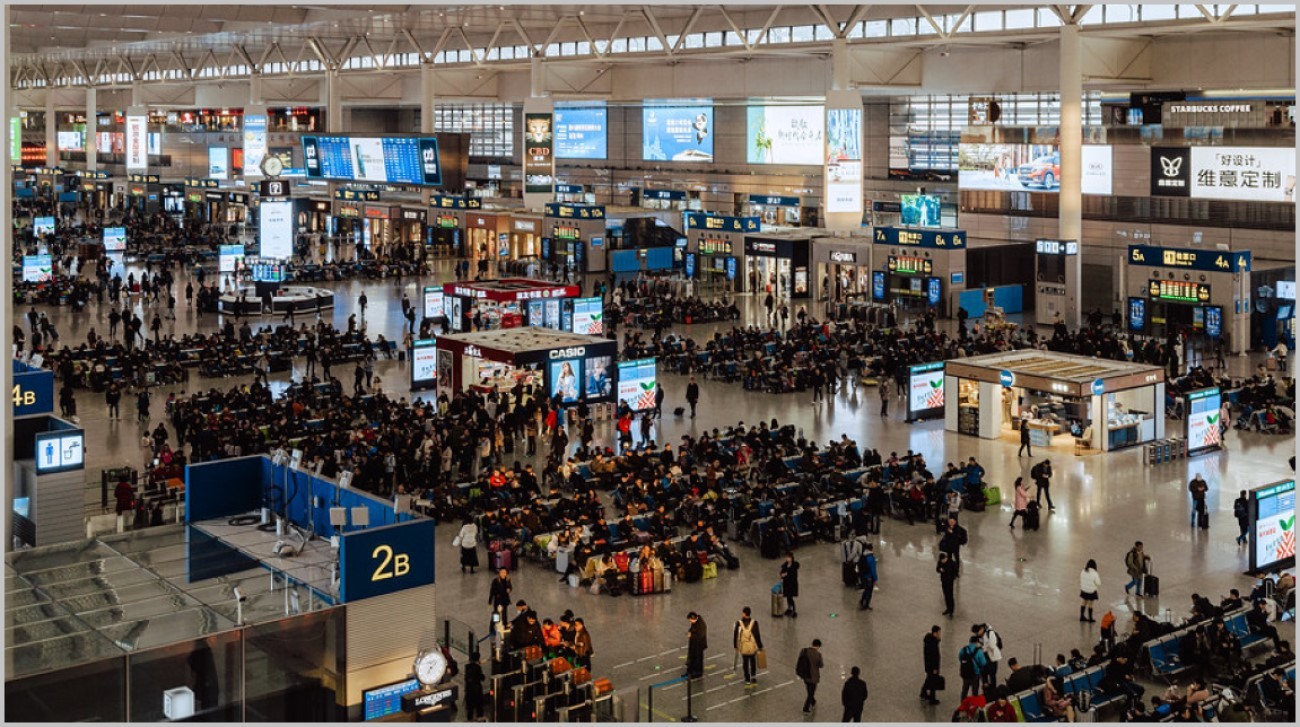
During the Spring Festival, the large-scale flow of people, finance, materials, information, and art has led to the overall prosperity of culture, commerce, transportation, tourism, telecommunications, finance, and catering industries, forming a unique "Spring Festival Economy".
I am very glad to experience the Chinese Spring Festival tradition. I am also very happy that my Chinese friends have introduced me to so much knowledge about the Spring Festival.
2). All the Traditional Customs of Chinese Spring Festival / Chinese New Year
1. On the 23th day of the twelfth lunar month: offering sacrifices to the kitchen god. This day is also known as the Small New Year in China, and the Chinese New Year activity begins from this day. On this day, the kitchen god will go to heaven and report to the jade emperor what happened to the family during the last year. Chinese people want the God of the kitchen to say good things about them in heaven and bless them when he comes back in 7 days. On the 23th, after dinner, the housewife first gives incense to the kitchen god and presents the offering. Then the housewife takes the whole family to pray, after that, the whole family will divide and eat the food.
2. On the 24th day of the twelfth lunar month: year-end clean-up. On this day, every household needs to totally clean their own house to have a very clean environment to welcome the Chinese New Year.
3. On the 25th day of the twelfth lunar month: making tofu by grinding. In fact, the custom of eating bean curd dregs is a reflection of the low productivity and not so much delicious food available in ancient times. It is also a reflection of the virtue of diligence and the thrift of Han ancestors. In modern times, people rarely make their own tofu, but buy tofu outside. Today's tofu is a delicious dish that can be cooked in many ways. People often eat tofu in their daily lives, not just on this day.
4. On the 26th day of the twelfth lunar month: kill the poultry or buy meat. The ancient agricultural society was not economically developed, and people could only eat meat in the annual festival in China. In modern China, people will go to the streets to buy all kinds of new year's goods from this day. Fresh fruits, vegetables, all kinds of meat, and snacks are the target of people's purchases.
5. On the 27th day of the twelfth lunar month: kill the chicken. This is also to prepare food for the Chinese Lunar New Year. In some places, people also have the custom of bathing on the 27th of the twelfth lunar month. Legend has it that bathing on this day can wash away the bad luck of a year and wash away the disease of a year, that is, to pray for health in the coming year.
6. On the 28th day of the twelfth lunar month: paste New Year Pictures, Spring Festival Couplets, and Paper-cut for window decorations. Spring Festival couplets usually say greetings for the new year. New Year Pictures and Paper-cut also represent auspicious and festive occasions. At the same time, some people have to put the word "福" on the door, wall, and lintel. People usually paste the “福” backward, which means that blessing is coming when you say “福” is posted backward in Chinese.
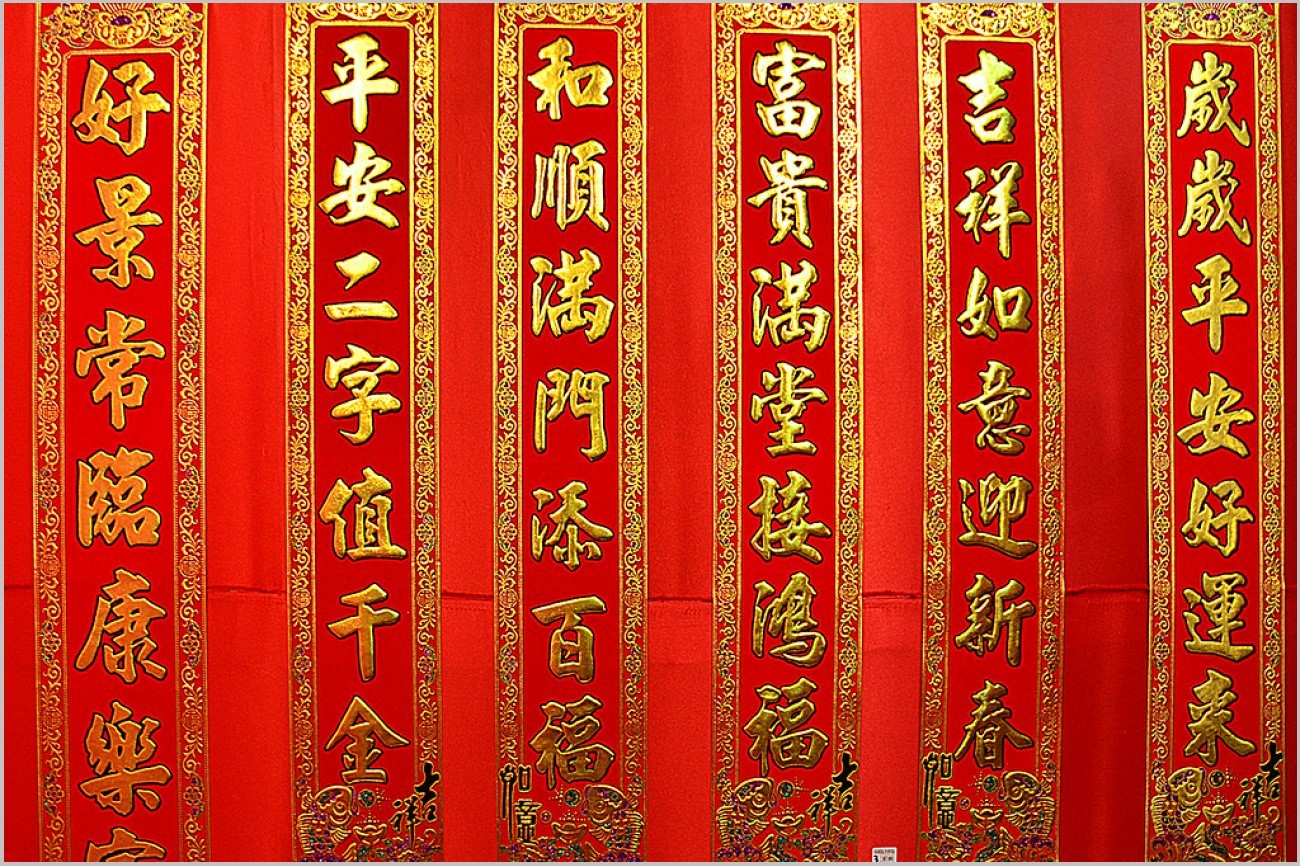
7. On the 29th day of the twelfth lunar month: sacrifice to the ancestors. People usually sweep graves on this day to show respect and love for their ancestors and also for the ancestors to bless them in the new year.
8. On the 30th day of the twelfth lunar month: eat New Year's Eve dinner and stay up late or all night on New Year's Eve. A family reunion dinner is the most important custom on New Year’s Eve in China. On New Year’s Eve, there will be dumplings on the dinner table of Northerners. Eating dumplings is a special way to express people’s wish for good fortune as they leave the old and welcome the new year. Eating dumplings during the spring festival is considered auspicious. On New Year's Eve, the elder should give the younger generation lucky money, hoping that the money can exorcise evil spirits and protect the children. None of the night would have been quiet if it had been in areas where fireworks and firecrackers were allowed.
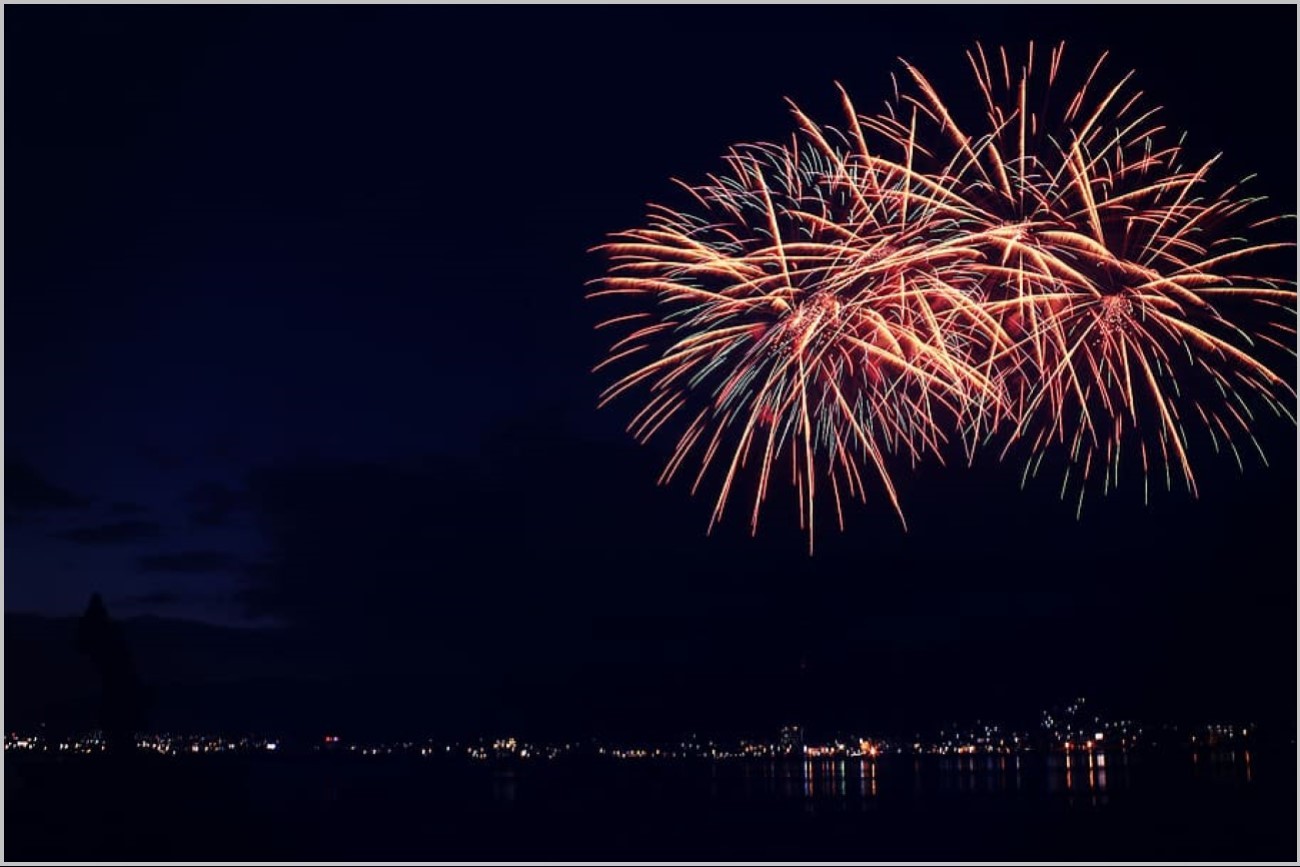
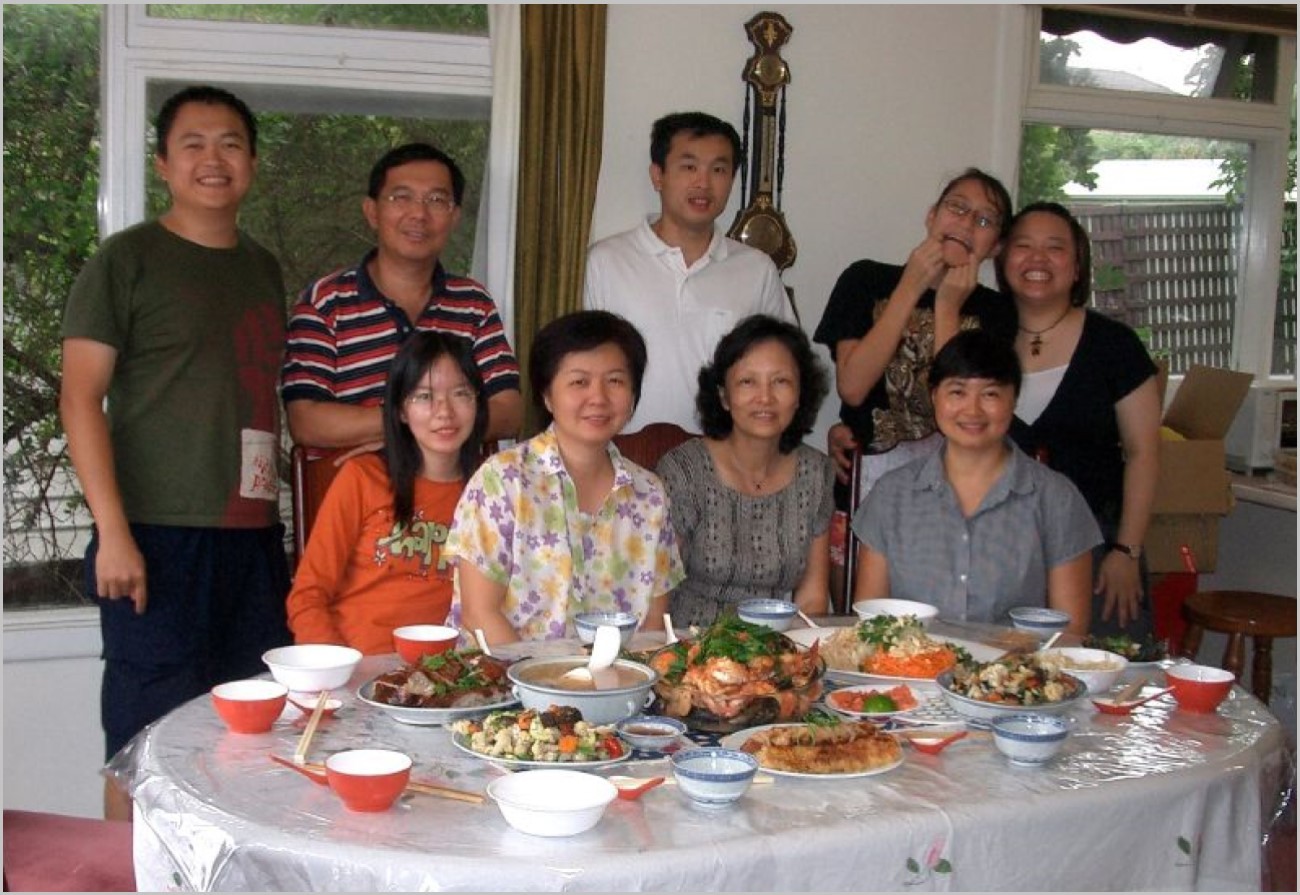
9. The Lunar New Year's Day: In traditional Chinese New Year custom, on the morning of the first day of the lunar new year, people open doors to greet each other and say "Happy New Year! Peace and good luck.” Many people will set off firecrackers this morning to pray for a prosperous new year. On the first day of the lunar new year, you can't use the broom, otherwise, you will sweep away your luck and money. In addition to dumplings, there are Tangyuan for breakfast on the first day of the lunar new year, which means everything goes well and the whole family will be happy in the new year. It is also a very common custom to visit temple fairs on the first day of the lunar new year.
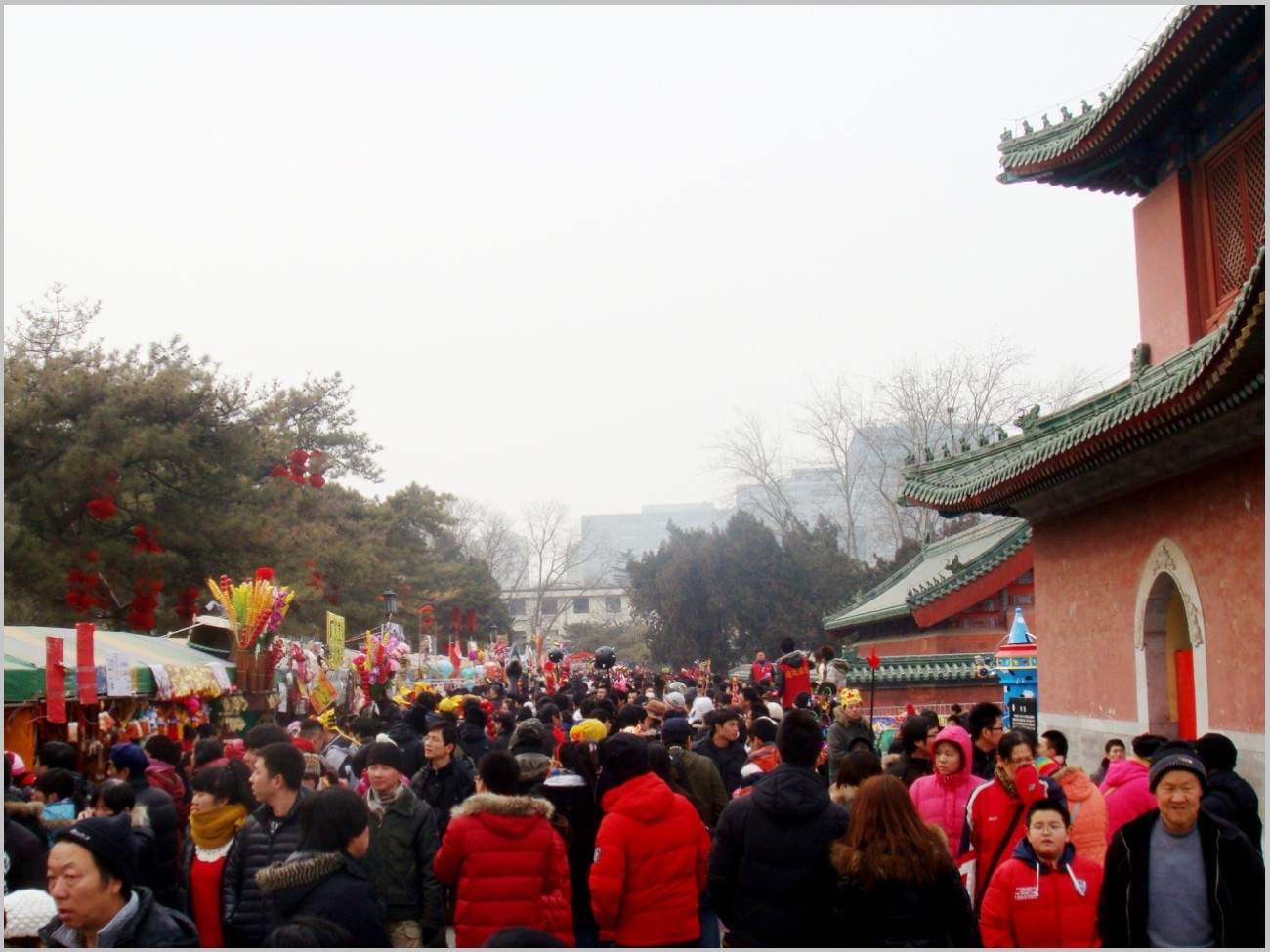
10. On the 2nd or 3rd day of the first lunar month, the married daughter will bring her husband and children home to pay New Year Greetings. On this day, the daughter who goes back to her mother’s house must bring some gifts and red packets, give them to the children, and have lunch at her mother’s house.
11. On the 4th day of the first lunar month: the Kitchen God will check the household registration, so every household should be kept at home, prepare rich fruit, burning incense, and light firecrackers, to greet and welcome the Kitchen God. People in some places do it on New Year’s Eve, too.
12. On the 5th day of the first lunar month, according to folk custom, it is the birthday of the 5 Gods of Wealth. Therefore, we should welcome the God of Wealth into our home and bless our family with abundant financial resources in the new year. This day is a big day for businesses. Shops will open on this day, set off firecrackers and pray for a year's wealth.
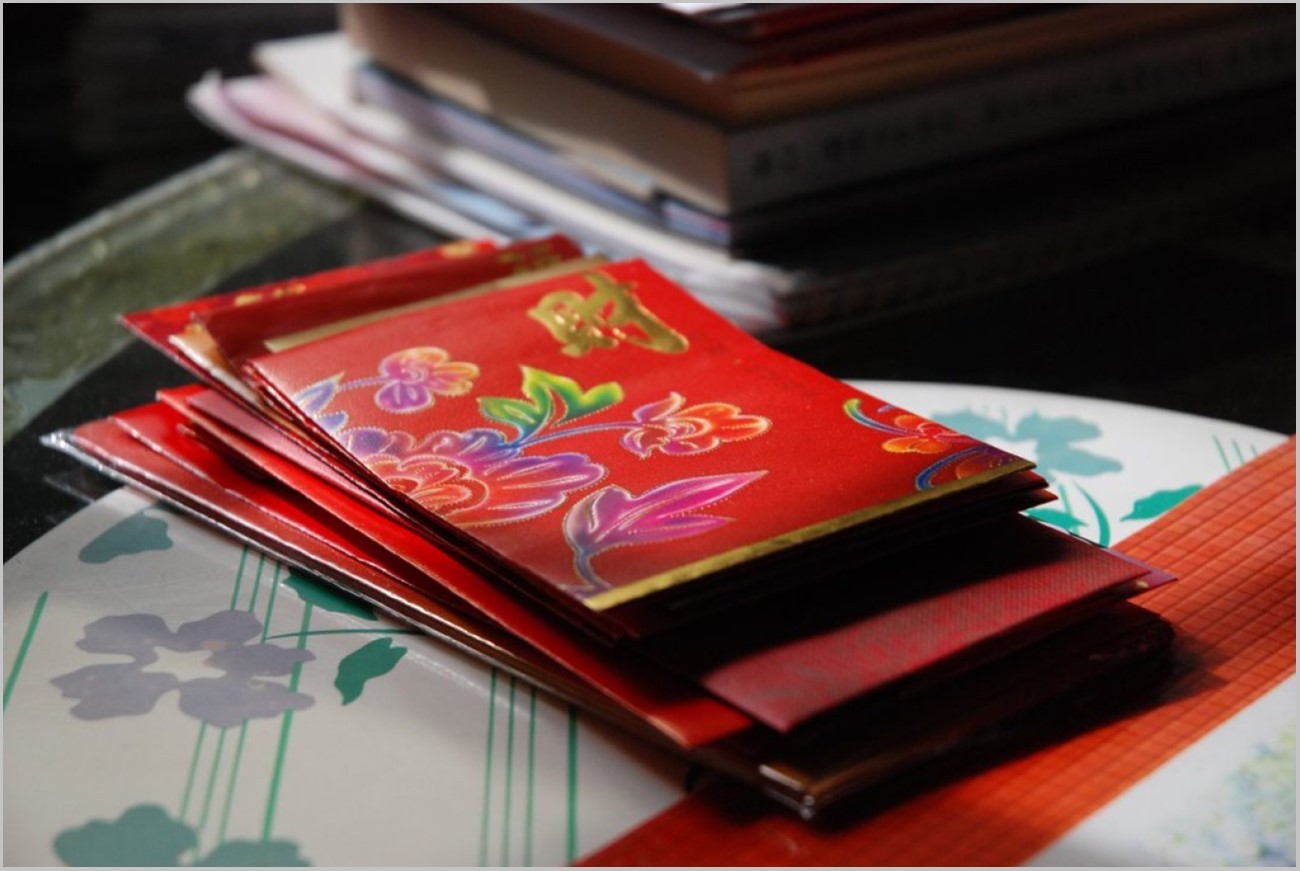
13. On the 6th day of the first lunar month, every household should throw out the garbage accumulated during the festival, which is called sending out the poor.
14. The seventh day of the Lunar New Year is the legendary day when God Nuwa made the man, so it is man's birthday. On this day, seven kinds of vegetables will be used to make Qibao soup. Everyone hopes to eat Qibao soup and have a good harvest in the coming year.
15. The eighth day of the beginning of the year is the commencement date, and the distribution of red packets is the most important thing for Guangdong bosses to do on this day. New Year Red packet is a wish of making a lot of money in the new year. Free captive animals are also on the eighth day of the lunar new year. Freeing captive animals is to take some of the fish and birds raised at home outside and release them to the wild. The release on the eighth day of the lunar new year not only reflects the ancient people's moral character of respecting nature and living in harmony with all things but also expresses their good wishes for the prosperity of all kinds of creatures in the world at the beginning of the new year.
16. The ninth day of the Lunar New Year is Jade Emperor’s birthday. The Chinese consider Jade Emperor to be the supreme god of the universe and hold ceremonies to celebrate for him.
17. According to legend, the tenth day of the first month is the birthday of the stone. On this day, all stone tools such as grinding can’t be used. People even sacrifice stones for protecting crops. People in some places eat a round flat cake for lunch. They think that if they eat the round flat cake on this day, they will have good fortune within the new year. In places like Yuncheng County, Shandong, there are even rituals to raise stone gods.
18. The eleventh day of the first month is the day when the father-in-law banquets his son-in-law. The rest of the food for celebrating the birthday of the Jade Emperor on the ninth day of the Lunar New Year left a lot. Therefore, the family can just use the rest of the food to entertain their son-in-law and daughter.
19. On the 12th day of the first lunar month: build light sheds. As the Lantern Festival is approaching, people begin to prepare for the Lantern Festival.
20. On the 13th day of the first lunar month, there is an important folk activity, which is called "Lantern birthday". On this day, people need to light the lamp under the kitchen stove, which is called "lighting the stove lamp".
21. In most parts of China, everything to be done on the 14th day of the first lunar month is to prepare for the Lantern Festival the next day. On this day, the Lantern market was officially opened for the public to buy lanterns. For the Lantern Festival, performances like dragon dance and lion dance began to drill in the street. Some people write lantern riddles and answer the lantern riddles to increase the festive atmosphere. Riddle is a very traditional puzzle game in China.
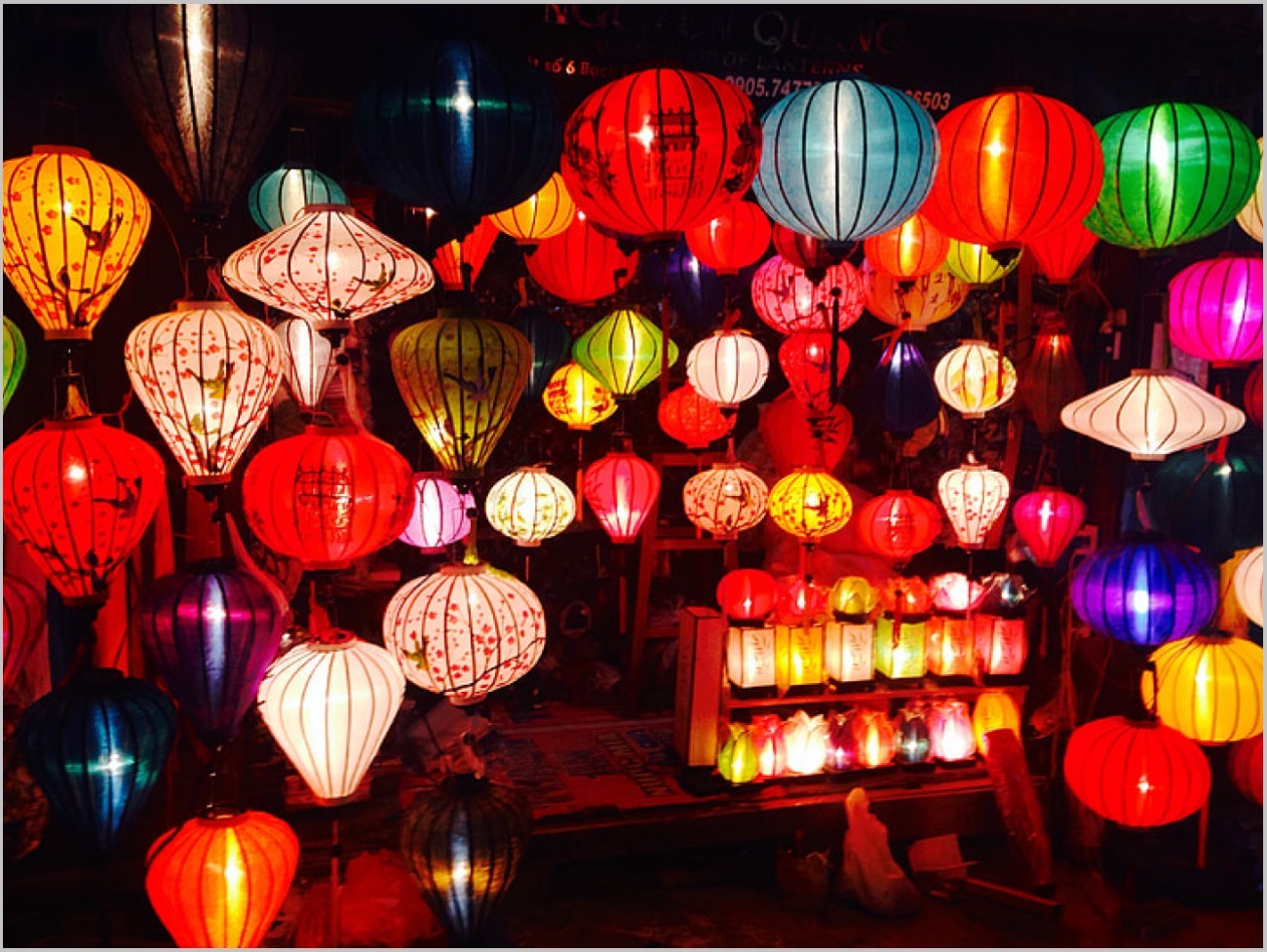
22. On the 15th day of the first lunar month: Lantern Festival. The 15th day of the first lunar month is the first full moon night in a year. Since ancient times, the Lantern Festival custom on the 15th of the first lunar month has been dominated by the festive lantern watching custom. It also has a long history in China to eat yuanxiao on the 15th day of the first lunar month, which means a happy reunion. Today is another climax and the end of the Chinese New Year.
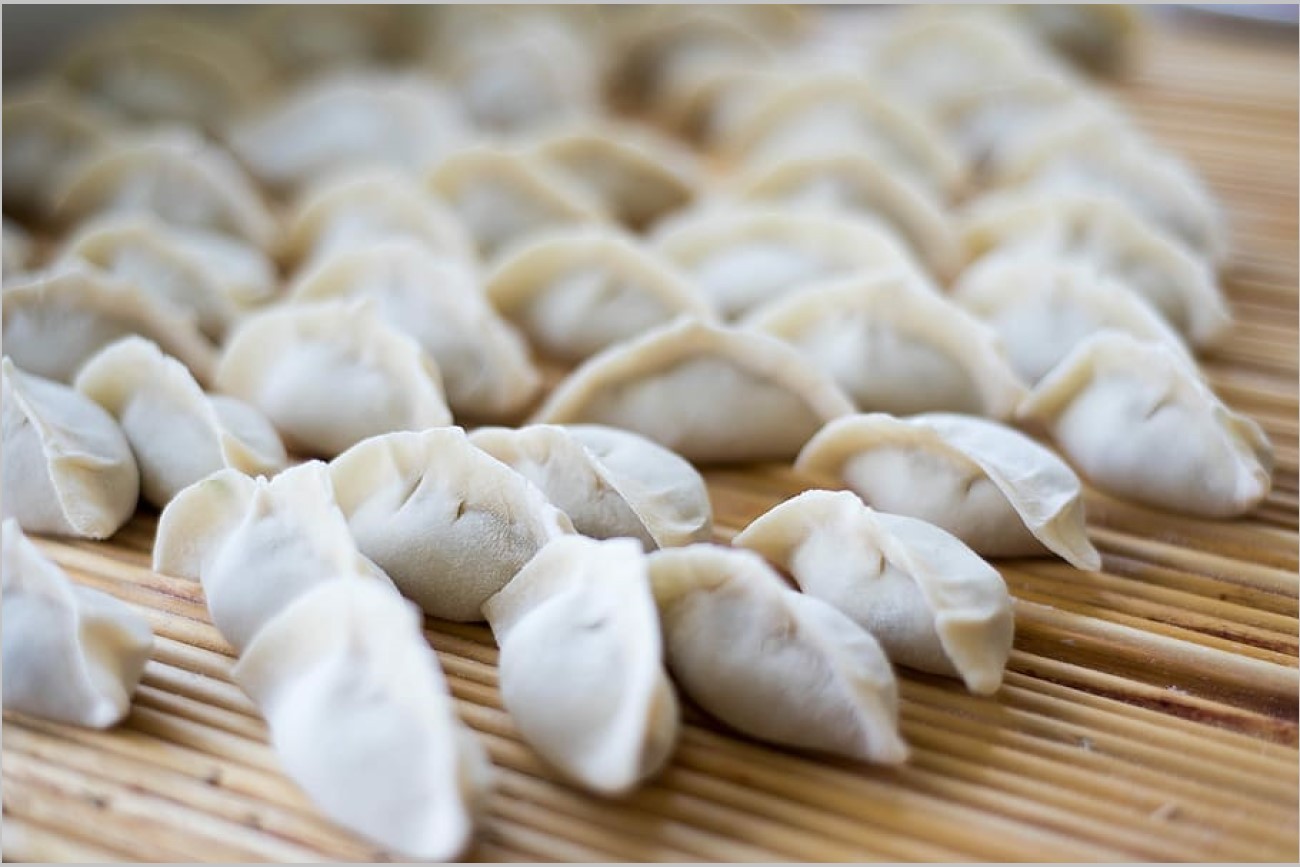
Are you more interested in the Chinese New Year tradition? I believe you will have a chance to experience the Chinese Spring Festival when you study in China!